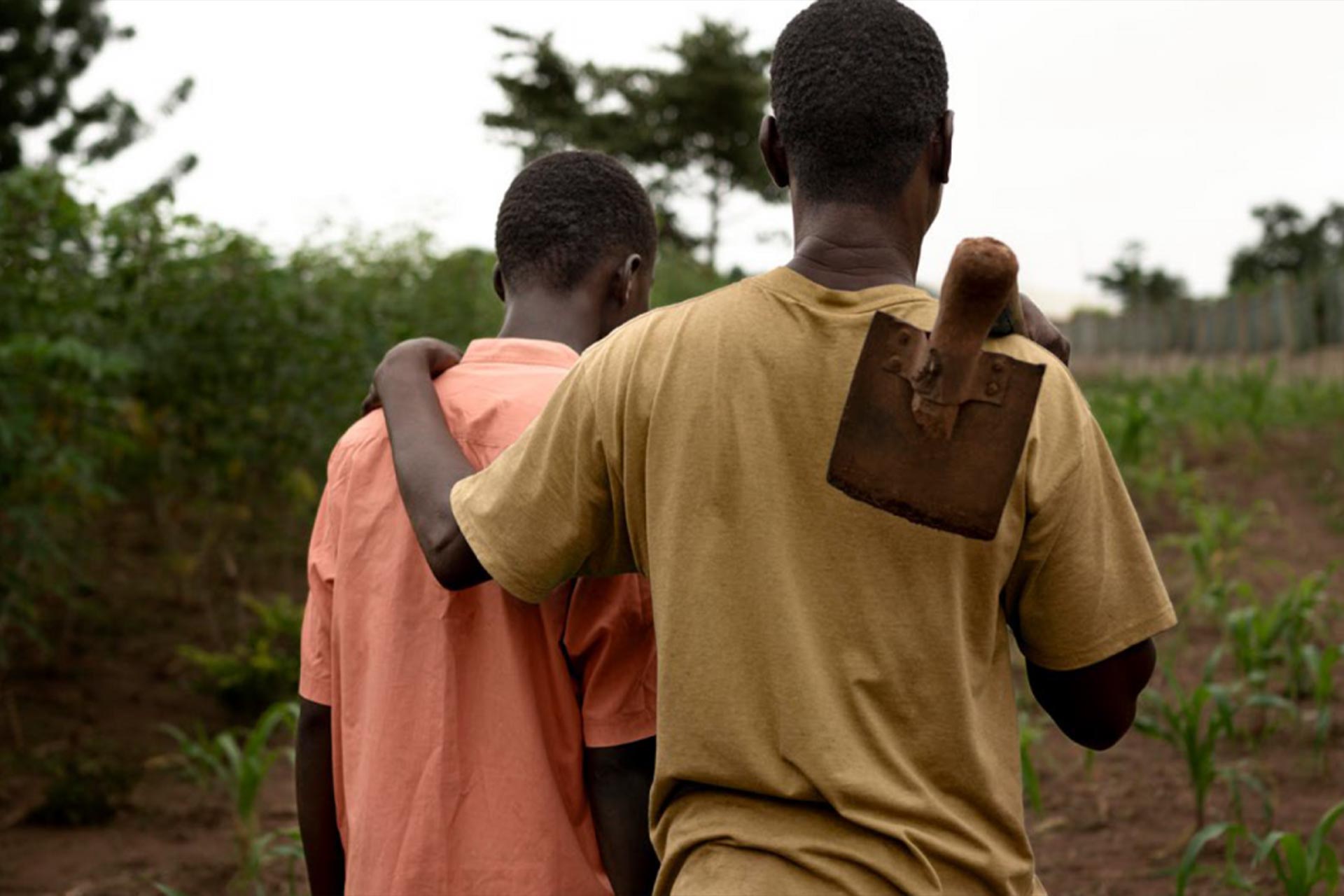Unveiling consistency in the use of standard terminologies: a study of international anti-slavery policy and programming in Africa
Author: Benedetta Wasonga, Regional Consultant, Africa
Project summary
This study explores the current usage of standardised terminologies, concepts, and definitions in addressing modern slavery in Africa, as per the Sustainable Development Goal (SDG) 8.7. Through stakeholder consultations, including key informant interviews and a focus group with six professionals, the study examined the impact of these terminologies on survivor involvement and the effectiveness of policies and programs related to SDG 8.7.
The findings urge policymakers, NGOs, donor funders, and international bodies to re-evaluate and potentially adopt new terminologies in collaboration with affected communities and people with lived experiences. The study found that “modern slavery” is often used symbolically, creating ambiguity. While some terms like human trafficking, slavery, and forced labour are legally defined, “modern slavery” is not codified in international law.
Inadequate, non-standardised terminologies hinder efforts to address exploitation, necessitating harmonising definitions for effective national and regional cooperation. The findings emphasise the importance of integrating people with lived experiences and insights in defining and unpacking what are often seen as universal terms and concepts. Definitions, and the policies and decisions that flow from them, should be evidence-based and survivor-informed, meaning survivor engagement throughout policy and program stages. The study advocates for a comprehensive, survivor-centred approach to develop effective responses, leading to meaningful change at all levels of intervention.
